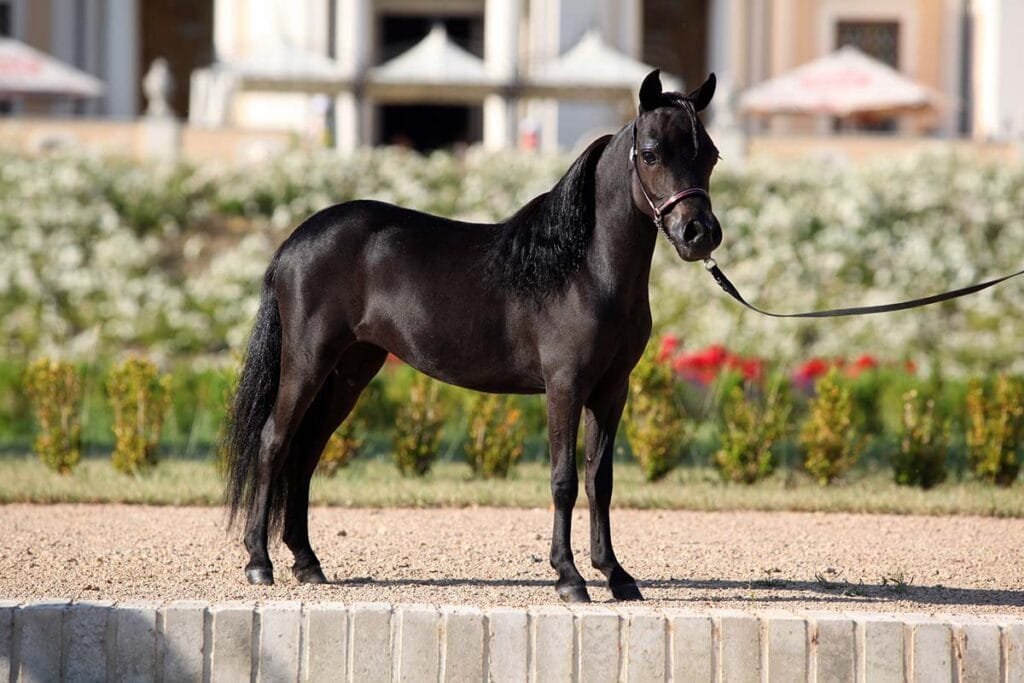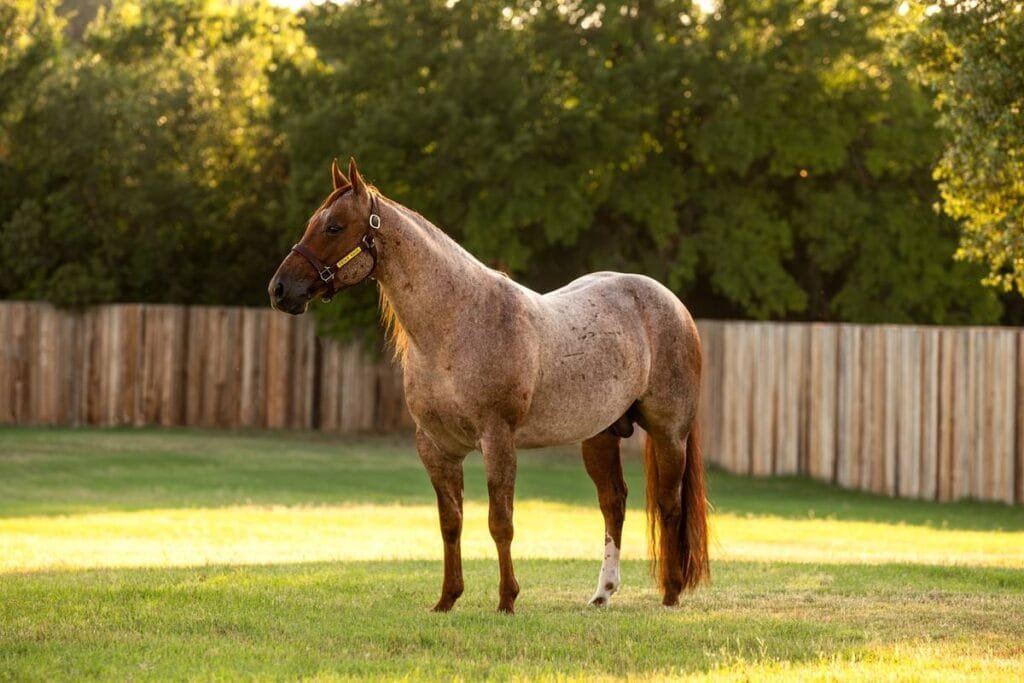capture the hearts of many with their small size and gentle demeanor.
These pint-sized equines stand no taller than 34-38 inches at the withers (the highest point of the shoulder), making them much smaller than their full-sized counterparts. Despite their diminutive stature, miniature horses are packed with personality and have a surprising amount to offer.
Origins and History
The history of miniature horses traces back several centuries, with their development thought to have started in Europe in the 17th century. Initially bred for nobility as pets and ornaments, they later found practical roles as pit ponies in coal mines due to their strength and small size. In the 19th century, they made their way to the United States, where their breeding continued to refine their size and characteristics.
Physical Characteristics
One of the most striking features of miniature horses is their size. Standing roughly the height of a large dog, they weigh between 150-250 pounds. They come in various coat colors and patterns, similar to full-sized horses, which adds to their visual appeal. Despite their small stature, they maintain the same proportions and conformation as larger horses, often resembling their larger relatives in miniature form.
Personality and Temperament
Known for their friendly and affectionate nature, miniature horses are often kept as pets or companion animals. They are gentle and easy to handle, which makes them suitable for interaction with people of all ages, including children and individuals with disabilities. Their calm demeanor and willingness to bond closely with humans contribute to their popularity as therapy animals.
Uses and Roles
Beyond companionship, miniature horses serve several practical purposes. They are sometimes employed as guide animals for the visually impaired, similar to guide dogs, due to their intelligence and trainable nature. Additionally, their presence in therapeutic settings provides emotional support and aids in rehabilitation efforts. Some miniature horses also participate in competitive events such as halter classes, obstacle courses, and driving competitions, showcasing their agility and skills.

Care and Maintenance
Caring for a miniature horse is similar to caring for a larger horse but on a smaller scale. They require access to grazing pasture, fresh water, and a balanced diet of hay and grain. Regular grooming helps maintain their coat and health, while routine veterinary care ensures they remain healthy and happy. Shelter from extreme weather conditions and proper fencing are essential to their well-being, ensuring they have a safe environment to thrive in.
Nutrition
Miniature horses require a diet primarily consisting of high-quality grass hay and/or pasture. They should have access to fresh, clean water at all times. Supplemental feeding with a balanced commercial feed designed for miniature horses may be necessary to ensure they receive adequate vitamins, minerals, and protein. Regular dental checks are crucial to ensure proper chewing and digestion of food. Consultation with a veterinarian or equine nutritionist is recommended to tailor the diet to individual needs and to monitor body condition and overall health.
Intresting Facts
- Tiny Yet Mighty: Miniature horses stand only 34-38 inches tall at the shoulder, making them about the size of a large dog. Despite their small stature, they are strong enough to pull carts and participate in various competitive events.
- Companion Animals: Known for their gentle and friendly nature, miniature horses make excellent companion animals. They enjoy interacting with people of all ages and are often used as therapy animals to provide comfort and support.
- Long Lifespan: Miniature horses typically live longer than their larger counterparts. With proper care and nutrition, they can live up to 25-35 years, offering many years of companionship and service.
- Versatile Abilities: Despite their size, miniature horses are surprisingly versatile. They are trained as guide animals for the visually impaired, assist in animal-assisted therapy programs, and even compete in agility and obstacle courses designed for their small stature.
- Colorful Coat Variety: Miniature horses come in a wide array of coat colors and patterns, ranging from solid colors like bay and chestnut to flashy patterns like pinto. Their striking appearances make them popular in shows and exhibitions worldwide.




